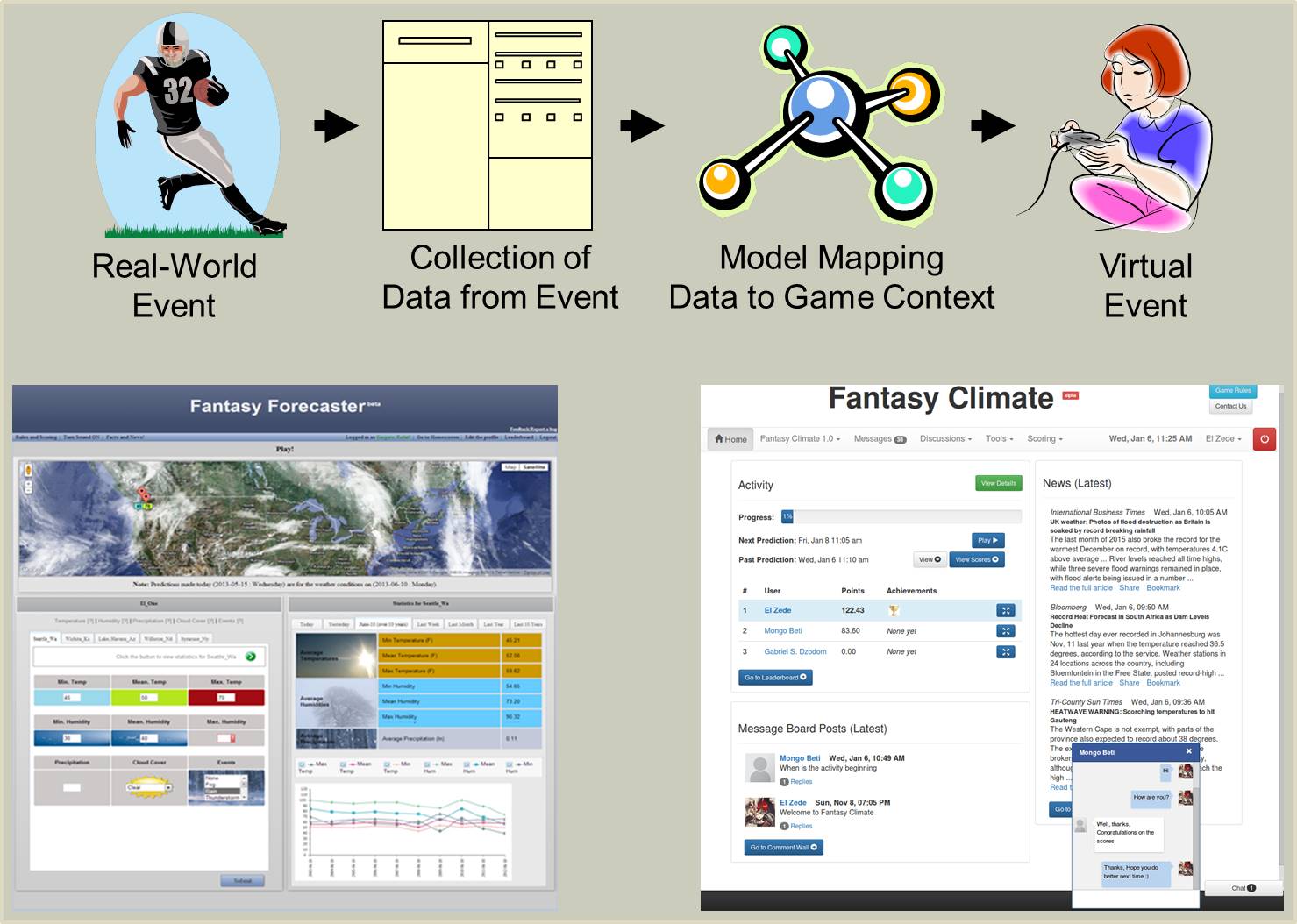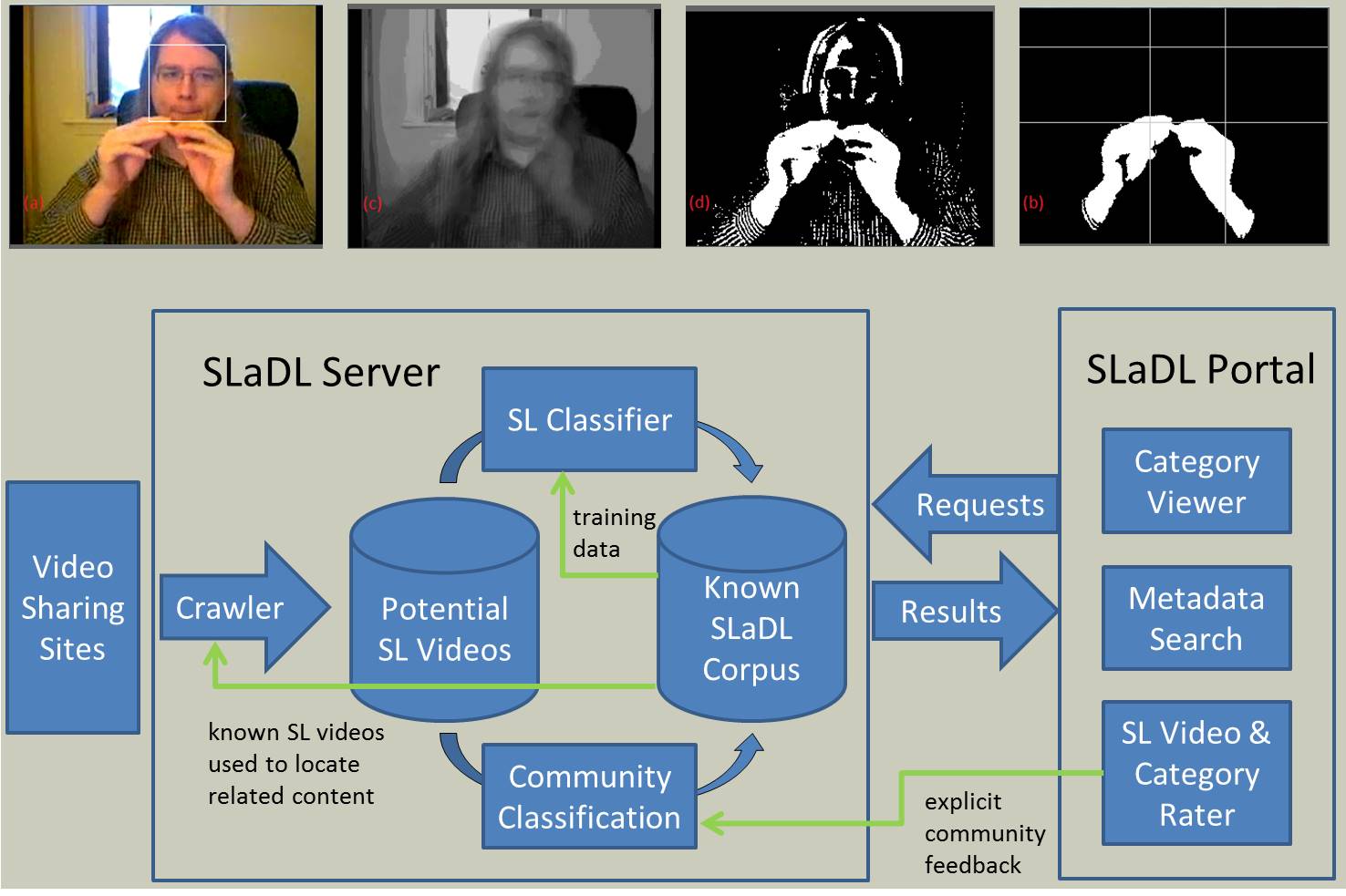 Biography:
Biography:
Frank Shipman has been pursuing research in the areas of hypermedia, computer-supported cooperative work, multimedia, computers and education, and intelligent user interfaces since 1987. Frank's work at Baylor College of Medicine, the University of Colorado, Xerox PARC, and Texas A&M University investigates the design and use of media combining informal and formal representations and methods for supporting incremental formalization.
Frank helped found the field of spatial hypertext and helped design and develop a number of collaborative hypermedia systems including the Virtual Notebook System, the Hyper-Object Substrate, VIKI , the Visual Knowledge Builder, Walden's Paths, and Hyper-Hitchcock.
Teaching Schedule (subject to change):
Fall 2025:
Spring 2026: (subject to change)

